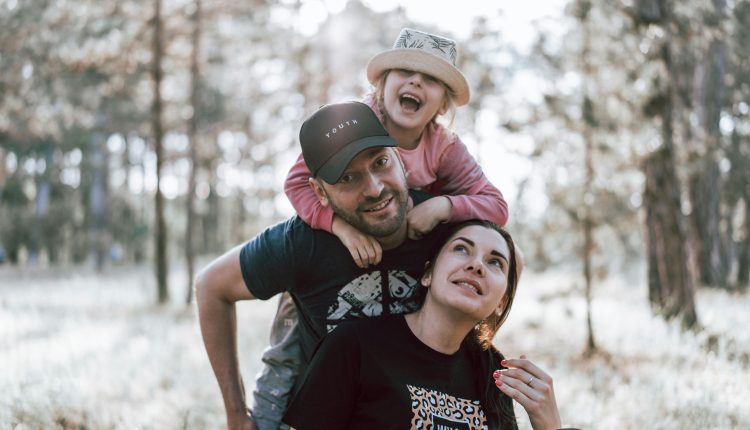10 Indicators That Your Upbringing Might Have Been in a Dysfunctional Family
As children, our understanding of family dynamics is shaped by our own experiences, often assuming that our reality is universal.
However, for those who grew up in dysfunctional families, certain subtle cues may have indicated an unconventional upbringing.
Now, as adults, recognizing and addressing the impacts of these experiences becomes crucial
Insights into a Dysfunctional Upbringing
Distorted Normalcy:

As a child, your idea of normal was entangled with chaos. What you perceived as everyday occurrences, such as frequent arguments and a perpetual soap opera of events, may have been far from typical family dynamics.
Privacy Anomaly:

Concepts like privacy were as foreign as a snowstorm in the Sahara. Boundaries were nonexistent, and personal conversations were unheard of. This upbringing might manifest in adulthood as a tendency to either overshare or guard your personal life zealously.
Overlooked Achievements:

In your family, achievements weren’t celebrated; they were expected or even disregarded. This lack of recognition may have left you either seeking validation excessively or feeling like your accomplishments are perpetually undervalued
Rare Apologies:

Apologies were scarcer than unicorn sightings in your household. Mistakes were ignored or attributed to others, leaving you perplexed about taking responsibility and acknowledging faults in your adult relationships.
Emotional Rollercoaster:

Emotional expression in your family was either on full display or concealed like a secret bunker. This fluctuation may have left you uncertain about handling emotions in your day-to-day life.
Family Gatherings as Battlefields:

Family events weren’t warm; they were more like entering an arena. Navigating conflicts, passive-aggressive comments, and outright arguments were the norm, leaving you feeling like a warrior rather than a family member.
Parental Role Reversal:

Instead of being cared for, you found yourself caring for your parents emotionally and, at times, financially. Assuming responsibilities prematurely robbed you of a carefree childhood.
Consistency Conundrum:

Inconsistency was the only consistent element in your home. Rules changed swiftly, and the unpredictable environment may have fueled a desire for stability in your adult life.
Conditional Love:

Love and affection were contingent on good behavior, creating a perception that love had to be earned. This upbringing might contribute to perfectionist tendencies or a constant search for approval in adult relationships.
Family Therapist Role:

You became the family’s go-to person for crises, assuming roles beyond your years. Acting as a mediator and counselor during your youth may influence your inclination to take on others’ problems in adulthood.
Acknowledging these signs is the first step in addressing the impact of a dysfunctional upbringing and paving the way for healing and personal growth.
